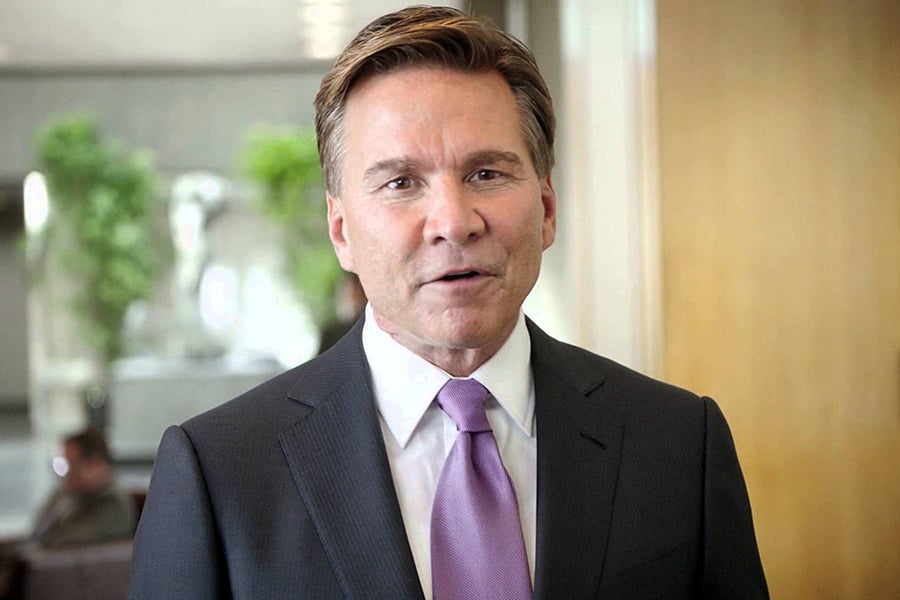

The securities industry typically fights tooth and nail any new form of regulation over how products are sold to investors, typically claiming any added expense created by rules will cut services to clients.
But the Department of Labor’s new fiduciary rule that was released Tuesday failed initially to elicit any vitriol from one CEO, Stifel Financial Corp.'s Ron Kruszewski.
"At least after an initial review of the rule, it appears to be less restrictive than what was proposed," said Kruszewski, who spoke with analysts Wednesday morning about Stifel Financial's first quarter results. "I think that a number of people in the administration are trying to not create a rule that is so similar to the one that was struck down by the Fifth Circuit back in 2018."
The insurance industry will be on its guard about the new rule, he said. "I would say that the rule really targets primarily fixed indexed annuities, which we don't really sell at Stifel."
An overhaul of a 1975 regulation that the insurance industry has fought tooth and nail, the new rule will for the first time subject many agents selling annuities to the Employee Retirement Income Security Act.
The new rule "probably is going to draw a legal challenge from the insurance groups," Kruszewski said. "It probably is still susceptible to legal challenge."
Other comments about the new rule were also far from caustic.
"Based on our preliminary assessment of the final rule, we note that the Department of Labor made several important changes to the proposal, which are responsive to many" requests by the Investment Adviser Association, the trade group said Wednesday in a statement.
Stifel and the securities industry in general has been working to put into place the new broker-dealer standard of conduct Regulation Best Interest, or Reg BI. "We've done a lot to implement Reg BI," he said.
During the quarter, Stifel added a total of 22 financial advisors, including 15 experienced advisors with trailing 12-month production of $6.8 million in fees and commissions.
Meanwhile, Stifel Financial has seen a slowdown in recruiting, just as some of its competitors have recently reported.
According to InvestmentNews data, Stifel Nicolaus & Co. Inc. in 2021 saw 64 net gains of financial advisors, followed by 24 one year later. In 2023, those advisor gains picked up but did not reach levels seen two years earlier, with the broker-dealer posting a net gain of 37 financial advisors.
"Generally speaking, the pace of recruiting has slowed a little bit," said James Marischen, chief financial officer, during the call.
Strong, positive markets make it a little tougher for financial advisors to change firms. "When you see markets moving like they have moved, typically, advisors take a little time to make the decision to transition, and I think that's something you're seeing kind of across the industry today," Marischen said.

Looking to refine your strategy for investing in stocks in the US market? Discover expert insights, key trends, and risk management techniques to maximize your returns

The RIA led by Merrill Lynch veteran John Thiel is helping its advisors take part in the growing trend toward fee-based annuities.

Driven by robust transaction activity amid market turbulence and increased focus on billion-dollar plus targets, Echelon Partners expects another all-time high in 2025.

The looming threat of federal funding cuts to state and local governments has lawmakers weighing a levy that was phased out in 1981.

The fintech firms' new tools and integrations address pain points in overseeing investment lineups, account monitoring, and more.
RIAs face rising regulatory pressure in 2025. Forward-looking firms are responding with embedded technology, not more paperwork.
As inheritances are set to reshape client portfolios and next-gen heirs demand digital-first experiences, firms are retooling their wealth tech stacks and succession models in real time.
